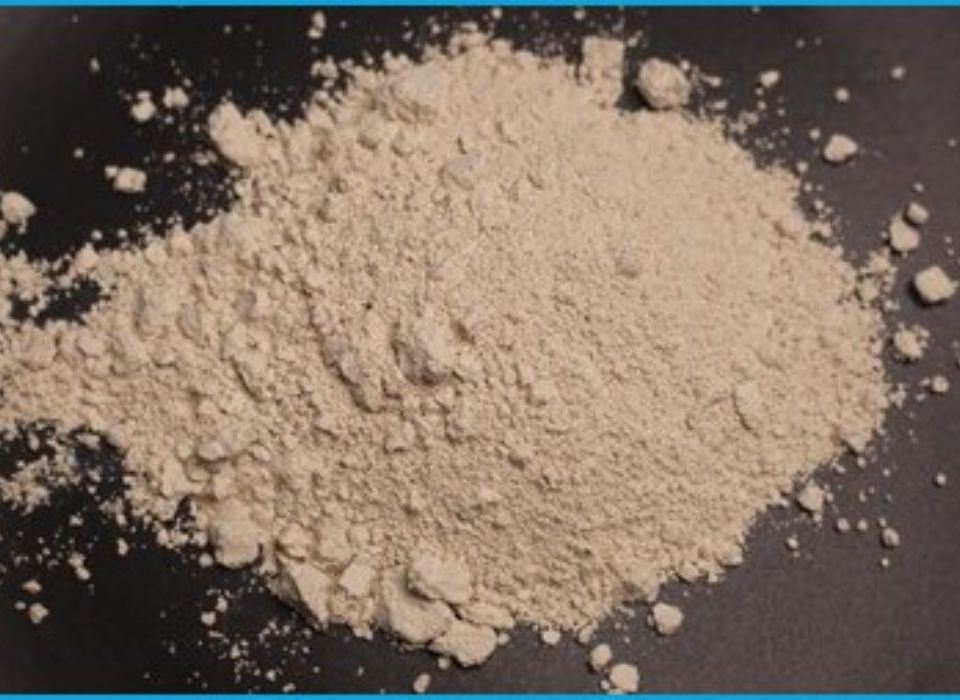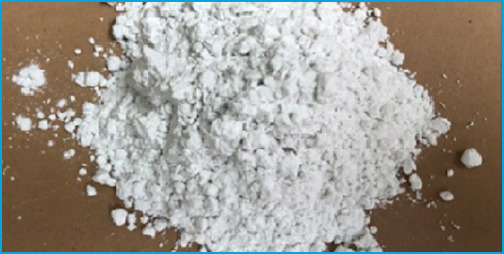
Is Kieselguhr crystalline or amorphous
June 19, 2023
What is ceramic water filter candle
July 3, 2023Introduction
In the realm of agriculture, the quest for optimal crop health and improved yield is a constant endeavor. As farmers and agricultural enthusiasts strive to achieve these goals, they turn to various techniques and inputs to enhance plant growth and productivity. One such valuable input is Silicon Fertilizer. Silicon, an abundant element in the Earth's crust, plays a vital role in supporting plant development and overall plant health. In this blog post, we will explore the use of this mineral and the numerous benefits it offers to farmers and their crops.
Silicon Fertilizer: An Introduction
It is a form of plant nutrient that provides plants with the essential mineral silicon. It is typically derived from naturally occurring sources such as silica, silicates, or silicon dioxide. Although silicon is not considered an essential nutrient for most plant species, it has been recognized as a beneficial element that positively influences plant growth, resilience, and resistance to various biotic and abiotic stresses.
Enhancing Plant Structure and Strength
One of the primary benefits of this mineral is its role in enhancing plant structure and strength. When plants absorb silicon, it is deposited in the cell walls, creating a reinforcing effect. This deposition leads to stronger cell walls, making plants more resistant to physical stress, such as lodging (falling over) due to heavy wind or rain. Stronger cell walls also help plants withstand attacks from pests and diseases, as they act as a barrier, making it more difficult for pathogens to invade and cause damage.
Improving Nutrient Uptake and Efficiency
It also enhances nutrient uptake and utilization efficiency in plants. The presence of silicon promotes better root development and increases the absorption of essential nutrients such as nitrogen, phosphorus, and potassium. It helps in optimizing the nutrient uptake process, making nutrients more available to plants for growth and development. By improving nutrient uptake and utilization, it contributes to improved crop vigor, better yield, and enhanced overall plant health.
Enhanced Resistance to Biotic and Abiotic Stresses
In addition to strengthening cell walls, it plays a crucial role in boosting a plant's resistance to both biotic and abiotic stresses. Biotic stresses refer to damage caused by pests, diseases, and pathogens, while abiotic stresses include environmental factors such as drought, salinity, and extreme temperatures. The presence of silicon in plant tissues activates various defense mechanisms, making plants more resilient against these stress factors. Studies have shown that silicon-treated plants exhibit increased resistance to insect feeding, fungal infections, and other plant diseases.Water Regulation and Drought Tolerance
Water scarcity and drought conditions pose significant challenges to agricultural productivity. This mineral can help alleviate the negative effects of drought on plants. It enhances the plant's ability to regulate water uptake, reduce water loss through transpiration, and improve water-use efficiency. Silicon-treated plants tend to exhibit better drought tolerance, maintaining higher levels of cellular hydration and minimizing the impact of water stress. This attribute of this mineral is particularly valuable in regions where water availability is limited or unreliable.
Enhanced Photosynthesis and Yield
It has been found to positively influence photosynthesis, the process by which plants convert sunlight into energy. By improving chlorophyll production, increasing stomatal conductance, and enhancing the efficiency of photosynthetic enzymes, silicon enhances the plant's capacity to capture solar energy and convert it into usable sugars. Consequently, silicon-treated plants often exhibit improved growth rates, increased biomass accumulation, and higher crop yields compared to non-treated plants.
Conclusion
Silicon fertilizer offers numerous benefits for plants, farmers, and the agricultural industry as a whole. From enhancing plant structure and strength to improving nutrient uptake and utilization, silicon plays a crucial role in boosting crop health and productivity. Seema Minerals as a trusted manufacturer and suppIier clearly ensure that its ability to enhance resistance to biotic and abiotic stresses, regulate water uptake, and improve photosynthetic efficiency make it a valuable tool for farmers seeking to maximize yield and ensure the well-being of their crops. Incorporating this mineral into agricultural practices can contribute to sustainable and resilient farming systems, ultimately leading to increased food production and a more secure global food supply.



